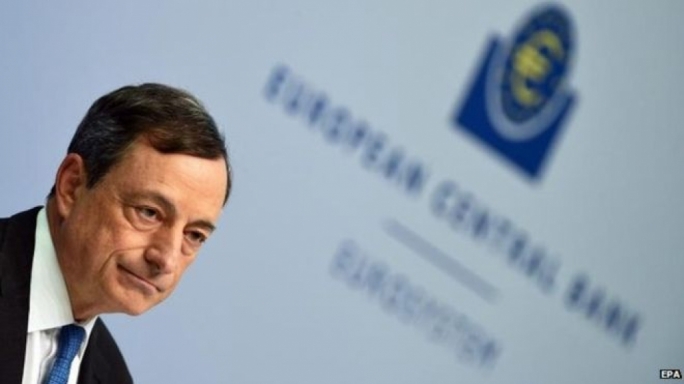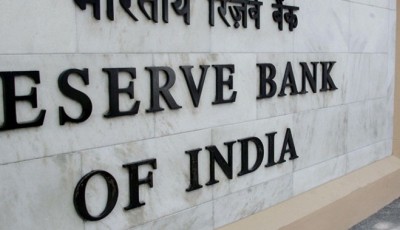Draghi: ECB raises emergency liquidity assistance to Greek banks
Greece’s banks have been closed since June 29, a day after the ECB froze its Emergency Liquidity Assistance.
The finance ministry’s announcement comes after Greek Prime Minister Alexis Tsipras said Tuesday on Greek public television that the “reopening of the banks depends on the sanctioning of the deal, which will take place in a month.”
The European Central Bank lifeline was granted as eurozone finance ministers agreed to give Greece a €7bn bridging loan, which should help the state through the next couple of debt payments. A full lifting of the capital controls that prevent money from flooding out of Greece could take months or more, while credit to businesses and households is likely to remain severely restricted.
Now entering the third week of a bank shutdown, even with a cap of 60 euro on withdrawals, Greek depositors have been pulling an estimated 80 to 100 million euros a day from ATM machines.
The European Central Bank will announce its rate decision at 1145 GMT and Draghi will hold a press conference at 1230 GMT.
After the ELA increase, Greek banks are likely to open only with reduced operations and cash withdrawal limits at least until a bailout package is passed and banks receive at least some of the €25 billion earmarked for recapitalisation.
But for the biggest creditor, Germany – whose parliament must vote on resuming talks on the new bailout package – a pure and simple writeoff is seen as a no-go.
The EU s executive arm also green-lighted a bridging loan for Greece through an EU-wide crisis fund to hold Athens over until its new bailout is ratified.
Amid violent protests overnight, the Greek parliament voted early yesterday in favour of tough austerity reforms in a bid to save the country from bankruptcy, despite opposition from a number of government legislators.
Dijsselbloem said the raft of reforms approved by the Greek parliament were a first step to “start to rebuild trust” as he called for urgent foreign investment to help boost Greece’s debt-ridden economy.
The government described the vote as marking a “serious division” among its lawmakers, and indicated that dissenters in Tsipras’ Cabinet would be swiftly replaced.
Speaking from the ECB’s headquarters in Frankfurt, Draghi said, “We have today accommodated the Bank of Greece request, though scaled to one week”.
On the eve of the Bundestag vote, German Chancellor Angela Merkel told conservative lawmakers – some of whom are refusing to back more aid for crisis-hit Greece – she was “absolutely convinced” the new reform package was the way forward.
David Cameron, British Prime Minister said:”We are not involved in the debate directly because we are not in the euro, and we are not going to join the euro“.
And while Greece had managed to strike a deal with its creditors, “questions about programme implementation” remain, he said.
As they prepared to vote, German Finance Minister Wolfgang Schaeuble said a temporary exit from the euro could still be Greece’s best option. But as was stressed again by the International Monetary Fund this week, Greece is encumbered by huge debt and structurally weak growth dynamics, and isn’t on track for such a happy outcome.
In yet another signal that the European Central Bank is willing to support Greece, European Central Bank vice-president Vitor Constancio said Greek sovereign bonds might be included in the ECB’s €60-billion-a-month quantitative easing program, but only if Greece officially signs up to the new bailout program.












